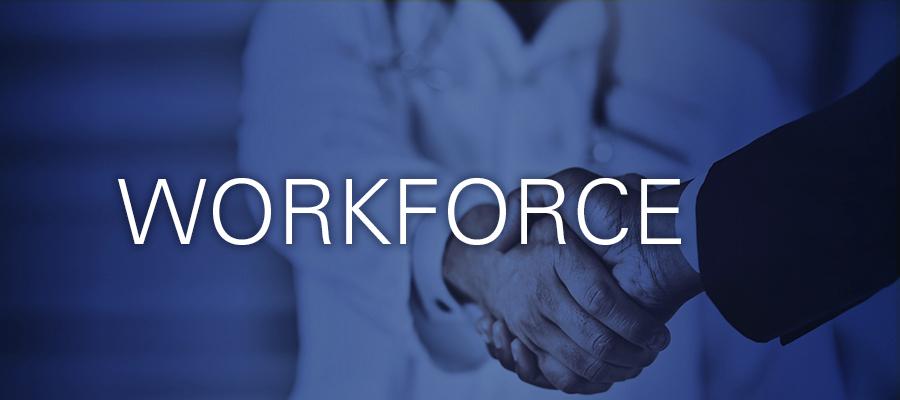Key insights from an AHA roundtable on the future of workforce

Modern medicine has brought tremendous capabilities and technologies that save lives every day, but it is a kind word or healing touch at just the right time that truly shows we care. Health care is still people caring for people and that fact makes health care more personal and unique than any other field. As we reimagine health care delivery, the AHA wants to help organizations consider how we best empower people to continue leading this massive transformation while also fostering the personal connections caring allows.
AHA Workforce and AHA’s American Society for Health Care Human Resources Administration (ASHHRA) convened HR leaders from across the country to discuss top workforce challenges, shifts in needs and how the field is adapting recruitment and retention practices to anticipate changes in health care delivery. Below are top takeaways from the discussion. For a deeper look, read the summary here.
People are the heart of health care
We need to better position health care careers as not only the chance to make a difference but the opportunity to improve communities and how health care works.
Practical help as entry-level recruitment and retention strategy
Hospitals and health systems are reframing entry-level positions as the start of a longer-term career lattice that helps individuals balance work, life and family commitments.
Health policy and practice should allow creative thinking
Looking at the challenges faced today, we have more than 100,000 military veterans with skills that translate into open positions, but the licensure structure doesn’t always facilitate those hires.
Common nomenclature would help with the workforce pipeline
Very similar roles can have multiple titles across different organizations or roles can be too rigidly defined. This can lead to missed opportunities to connect with people who may be great fits.
Empower existing teams to adapt for change in health care delivery
Virtual visits will soon become the norm, surgeries will keep shifting to outpatient settings, and mental health will become a necessary part of routine care. These changes don’t really require a different skill set, just a shift in mindset and we need to translate that for our teams.
Leadership is everything
You can make or break someone’s employment if reviews are done badly and too often we promote without training new leaders how to give good feedback, demonstrate respect and communicate with transparency.
Catherine Carruth is executive director at the American Society for Healthcare Human Resources Administration. Elisa Arespacochaga is vice president of AHA’s Physician Alliance.

